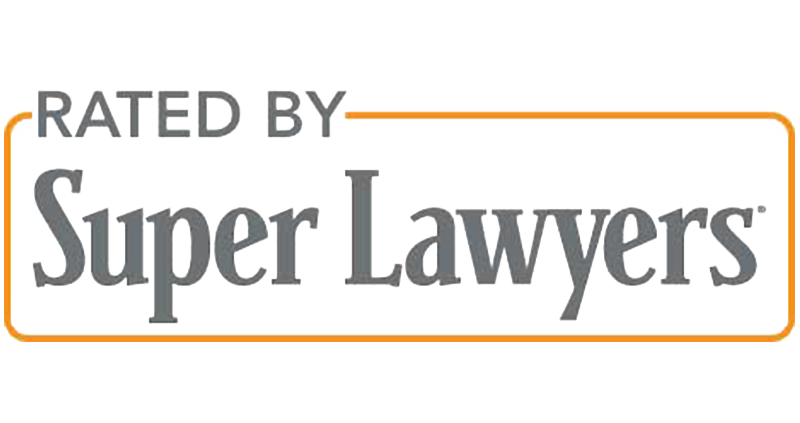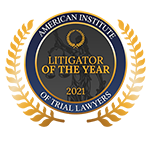Most people have a vague idea that they should write a will at some point in their life. But a will is just one piece of a well-rounded and complete estate plan. If you want to play it safe with your assets for the benefit of the most important people in your life, there are a few more estate planning tools you can use to make sure that you are ready for all contingencies.
Last Will and Testament
A will is important for letting your executor know how to dispose of your property after you are no longer there to control your assets. Make sure that your will is thorough and covers all your assets, including intangibles – such as retirement plans, stocks and other investments. Also make sure that your will is property executed, and complies with Georgia’s witness requirements.
Powers of Attorney
A Power of Attorney (POA) is a document that gives someone else the ability to make decisions for you. You can execute a healthcare POA to give someone the ability to make healthcare decisions for you, and a financial POA to let them make decisions regarding your finances. If it is a durable POA, it will remain in effect even if you are incapacitated and can’t make decisions for yourself.
This document is essential even when you are young. Disaster can strike at any moment, and an unforeseen accident could leave you without the ability to manage your own finances or make your own healthcare decisions.
Trust
Whether or not you need a trust depends on the complexity of your assets and on how much control you want over your property after you die. There are many different types of trusts, all with different functions. An experienced estate planning attorney can help you to decide which type of trust is best for your particular situation.
For example, you can use a trust to decrease the amount of money your estate will lose to taxes, to protect your funds from your creditors, or to prevent your child or grandchild’s spouse from taking their inheritance in the event that your child predeceases their spouse or they get divorced.
Writing out your own will and signing it in the presence of your friends is a good start. But if you want to protect your legacy from the unpredictable events that life can throw at you, you need to flesh out your estate plan with a few more key documents.

















